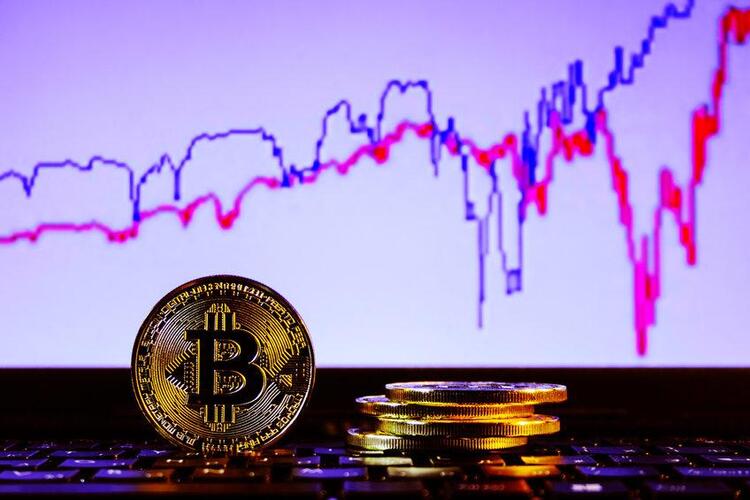Why Are CFDs Banned in the U.S but Legal in Europe?
CFD trading is widespread globally, and it is one of the trading methods traders prefer. It carries lots of opportunities for traders, one of them being the use of leverage. This trading method is also available in every asset class, allowing traders to go short or go short in a position. Leverage or Margin trading allows traders to invest with more than their initial capital and earn huge profits. However, the activity can also bring about massive losses, and in this regard, you must be sure of your strategy before applying leverage in a trade.
CFD trading is legal and has become a lucrative activity in Europe since traders can try different markets, whether local or international. Sadly, it is banned in the US, and US traders can only invest their money in other asset classes. Keep reading to understand the reason for the ban.
The US financial market is overseen by the Commodity Futures Trading Commission (CFTC) and the Securities and Exchange Commission (SEC). One of the restrictions is never to allow over-the-counter products or derivatives in the region. Since CFDs are OTC products, US traders can never venture into the activity.
To elaborate further, OTC transactions are challenging to regulate. Since derivatives markets lack transparency, legalizing it in the USA will only expose traders to higher risks of losing lots of money. Besides, the use of leverage can easily get amateur traders into trouble. Simply put, CFD trading goes against US securities law.
If you are a US citizen or an individual who pays US taxes but lives in Europe, you cannot be accepted as a CFD client by brokers in the region. However, Europeans are free to trade CFDs since there are no restrictions against the activity in Europe. In fact, there is a healthy market even though CFDs are highly risky. In this case, online CFD brokers disclose all the risks to traders, allowing them to decide whether they still want to take the plunge or not. These are the best CFD brokers for UK traders trying to venture into the derivatives market.
It is hard to tell what the future holds for the US financial market. Hopefully, regulations will be amended at some point, and US traders will get the opportunity to venture into derivatives trading. While traders in Europe enjoy CFD trading, there are regulations protecting them. For instance, investors in the European Union are protected by European Securities and Market Authority (ESMA) regulations. ESMA introduces a maximum leverage cap for margin trading, limiting the amount of losses traders may incur if a trade works out against their strategy.
Regarding European countries like the UK, which are not under ESMA regulations, tier-one authorities oversee their CFD trading activities. To be specific, the UK has the Financial Conduct Authority (FCA) monitoring the region’s financial market. This means traders are protected from brokers with ulterior motives and trade CFDs under the best conditions.
All in all, Europeans can explore global markets, including the US. They can trade US stocks using brokers with access to the exchanges that list the assets. In addition, forex trading also allows them to trade various currencies against the US dollar. On the other hand, US traders are limited, and CFD trading is not an option. However, you can still trade physical assets and profit with the right broker and strategies.







